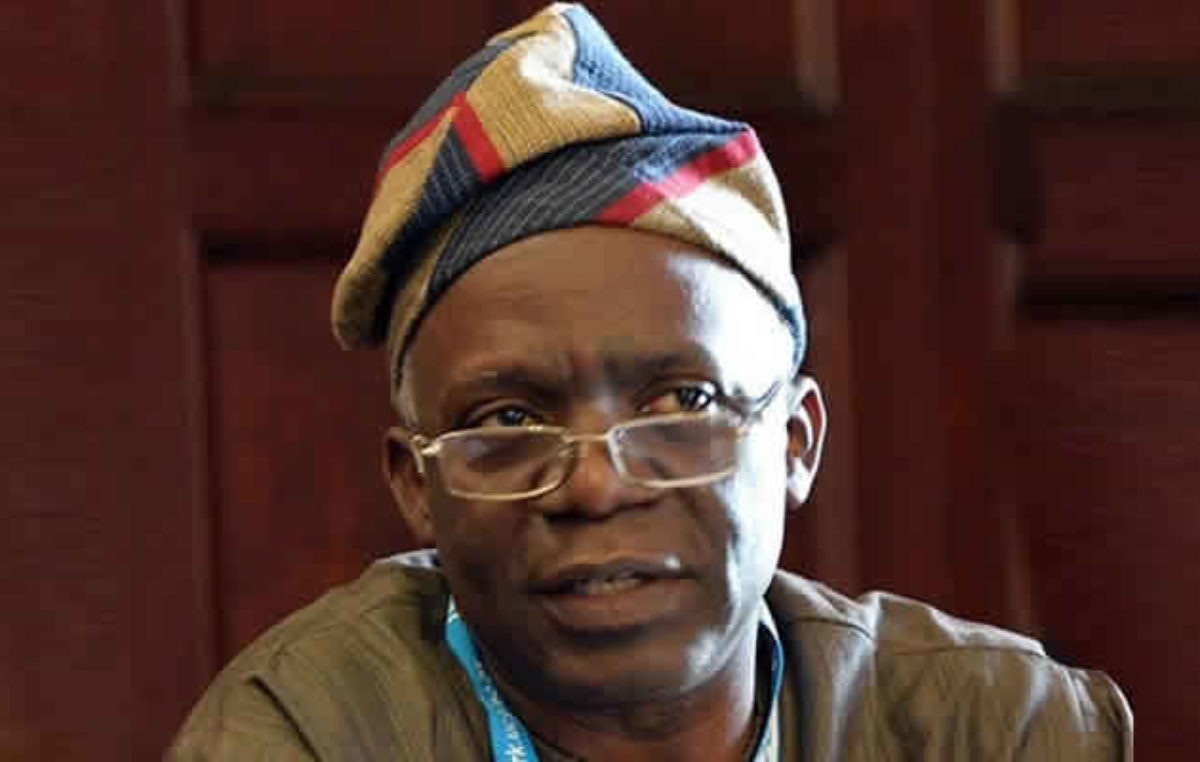Human rights lawyer Femi Falana (SAN), on Wednesday, said state governors have the right to ignore Executive Order 10 in their implementation of judicial and legislative autonomy in their states.
The Nigeria Governors’ Forum (NGF) had on Tuesday faulted the Executive Order 10, President Muhammadu Buhari signed into law last year for the implementation of the autonomy of state legislature and judiciary.
- Panic as cultists shoot university student in Bayelsa
- Asians hawking vegetables, selling Ankara, taking over Nigerian jobs – FG
The NGF, through the Plateau State Governor, Simon Lalong, however, said they were not opposed to financial autonomy for the judiciary and the legislature.
Falana said: “the governors have the right to discountenance Executive Order 10 and proceed to comply with the provisions of the constitution. They don’t need the order,” he said.
“In fact, before now they had persuaded the president to suspend the implementation of the order on the grounds that they were going to comply with the law on their own.”
Similarly, Adeniyi Akintola (SAN) said the governors were “right in their position that you don’t need an executive order to enforce the provision of the constitution”, adding that, Nigeria being a federation, workers should not expect uniform salaries or policies.
While calling for a proper federal system for Nigeria to resolve legal issues such as that created by Executive Order 10, he said the constitution is clear on the order.
“The constitution is very clear as to the mode of disbursement of revenues in the states. The judiciary should be independent. You don’t need an executive order. For me it is just an addendum,” he said.
Also, Murtala Abdulrasheed Esq described the statement of the governors as hypocritical, and not on any legal footing because they were part of the recommendation of the Attorney General of the Federation leading to the Presidential Executive Order 10.
“With what the constitution has said, do you need an executive order to comply with that? There are court pronouncements on this. The Federal High Court judge, Justice Kolawole (as he was then), ruled in their favour to the extent that it is a constitutional matter which they have no reason to disobey,” he said.
“The president signing the executive order is just giving teeth to what the constitution has provided. So, they cannot say they will not comply or that they have to negotiate with the unions in their states and all that when the constitution has already stipulated that this is the way to disburse.”
Also reacting, Tawo Eja Tawo (SAN) said since the high courts in the states and Federal High Court are the same creations of the constitution, the funds standing to the credit of the judiciary should be sent to the National Judicial Council to be disbursed to heads of courts.
“The situation where the NJC would ask governors to provide courtrooms, judges’ residential quarters and cars before the appointment of judges should not be so,” he said.

 Join Daily Trust WhatsApp Community For Quick Access To News and Happenings Around You.
Join Daily Trust WhatsApp Community For Quick Access To News and Happenings Around You.


